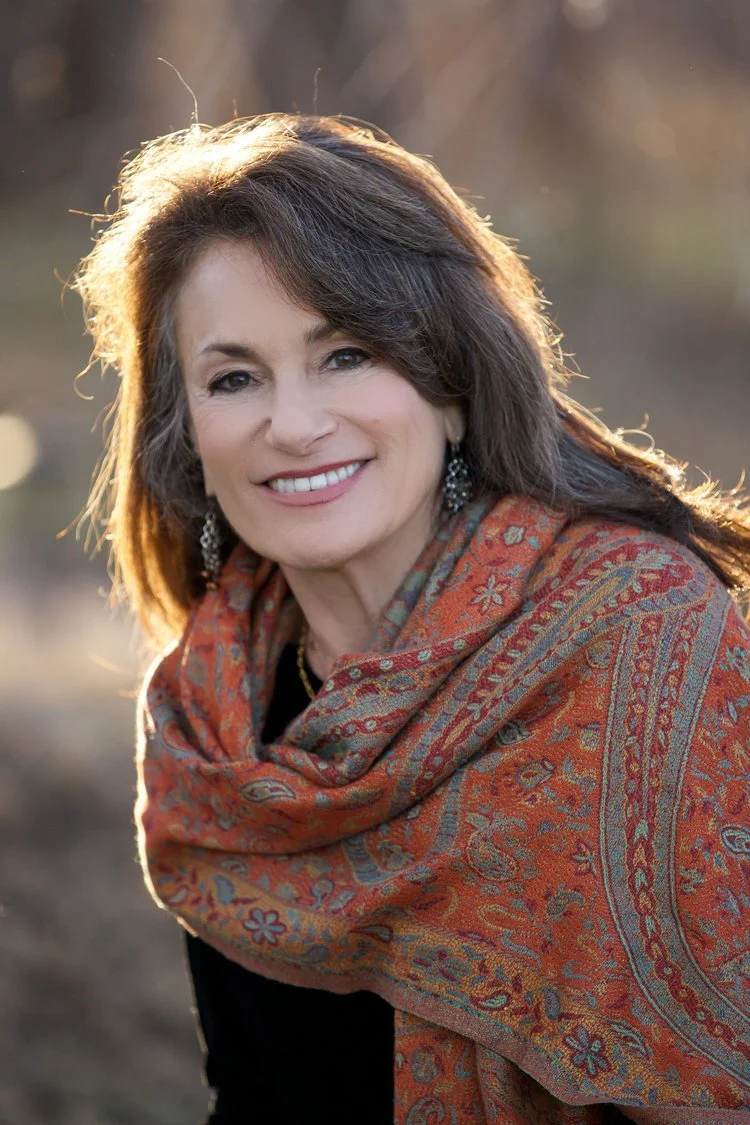Podcast Highlight: Rabbi Tirzah Fire, PhD
Rabbi Firestone says trauma is multifaceted; it can be passed down through generations as shared familial storytelling of past lived trauma.
Rabbi Tirzah Firestone, PhD has blessed our collective with an enormous contribution and wealth of work in the form of writings, books, wisdom, and teachings.
Like many of us on the spiritual path, her steps were winding and a few times she got off the beaten path. Rabbi Firestone grew up in a fundamentalist Jewish family and religious experience.
When she was 17 years old she stepped out of her religious experience and into the world--literally. Exploring and ingesting all types of cultures, trekking the world and finding herself.
Later in life she would renew her relationship with Judaism on her own terms, in her own light and through a progressive and more pluralistic approach.
In our podcast interview she details how her path led her toward creating her book called "Wounds into Wisdom: Healing Intergenerational Jewish Trauma" answering the questions of her own parents trauma having lived through the Holocaust and why she was raised the way she was raised.
Discovering the history and mystery behind both of her parents lives, gave her the grace and understanding of the people they became.
Taking her work a step further, her book inquires with other trauma survivors about their lived experiences and the generational trauma they incurred, discovering how each individual's trauma not only transformed them, but was transmuted into something greater than the pain of the experience itself.
Rabbi Firestone says trauma is multifaceted; it can be passed down through generations as shared familial storytelling of past lived trauma.
She explains how it can move through generations in our DNA and it can propagate through the actions of trauma survivors, traumatizing people in their ecosystems. Trauma itself is a spectrum too, with one side of the scale holding little "t" trauma and on the opposite side holding big "T" trauma. As we grow into adulthood, it's important for us to find resources to address our trauma, like talk therapy, spirituality and healing practices, supportive community members, family and friends to talk to, and rituals that help us move our trauma out of our bodies and into the illumination of truth.
As Rabbi Firestone says, "there is so much power in just speaking about our trauma."
As we move that trauma out of our bodies, we must also address updating our intellectual software that recalls that trauma, and can sometimes pull us back to that moment and cause us to react and live deeply from those traumatic spaces. We have to practice compassionately and with patience, reminding our minds and our bodies that we are safe, supported and in the present moment.
Rabbi Firestone reminds the audience that in doing this work, we must be gentle with ourselves and if we have the courage to address our trauma, we can transmute it into gold.
Turning our trauma into gold heals ourselves, our lineage, and our ancestors.
We break cycles.
We start a new path of healing and recovery, health and wholeness, being and living.
We live deeper into the light of our lives and divinity by allowing the flow of alchemy to take over and change us for the better.
To strengthen our human condition, to greet the world with forgiveness, compassion. and kindness.
Rabbi Firestone explains that the mysticism in the sacred tradition of Kabbalah, means that we arrive on this planet as agents of The Divine to perfect the imperfect.
When imperfection in the form of harm, grief, loss, tragedy, trauma, and unkindness finds us--we can alchemize and recalibrate the world by choosing a different direction, a different stride forward. One that says, "I was hurt and I choose to live from love, perfectly."
That is how we turn our wounds into wisdom.
